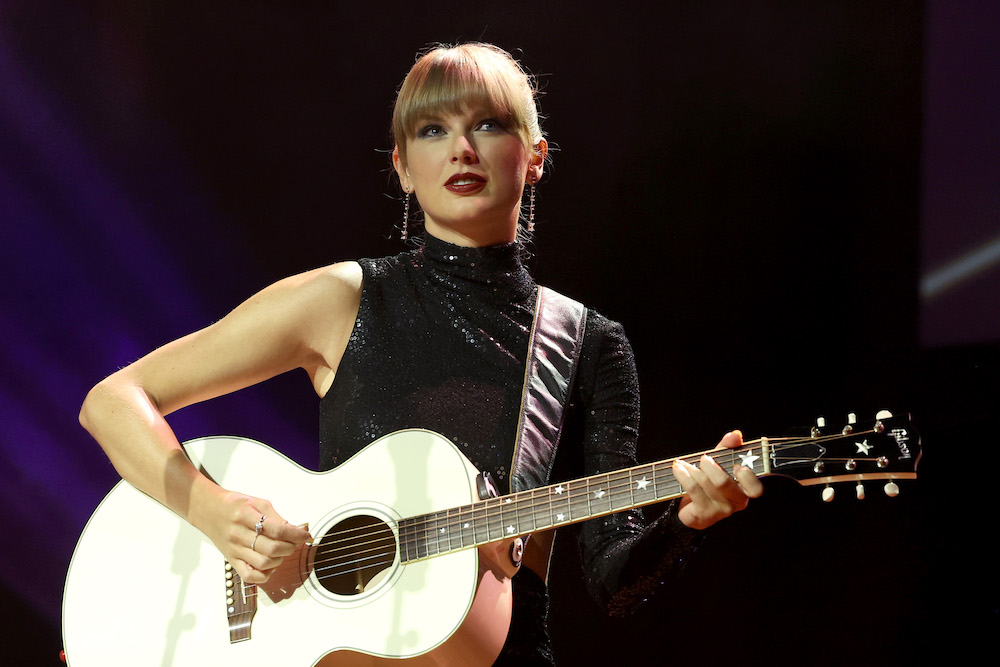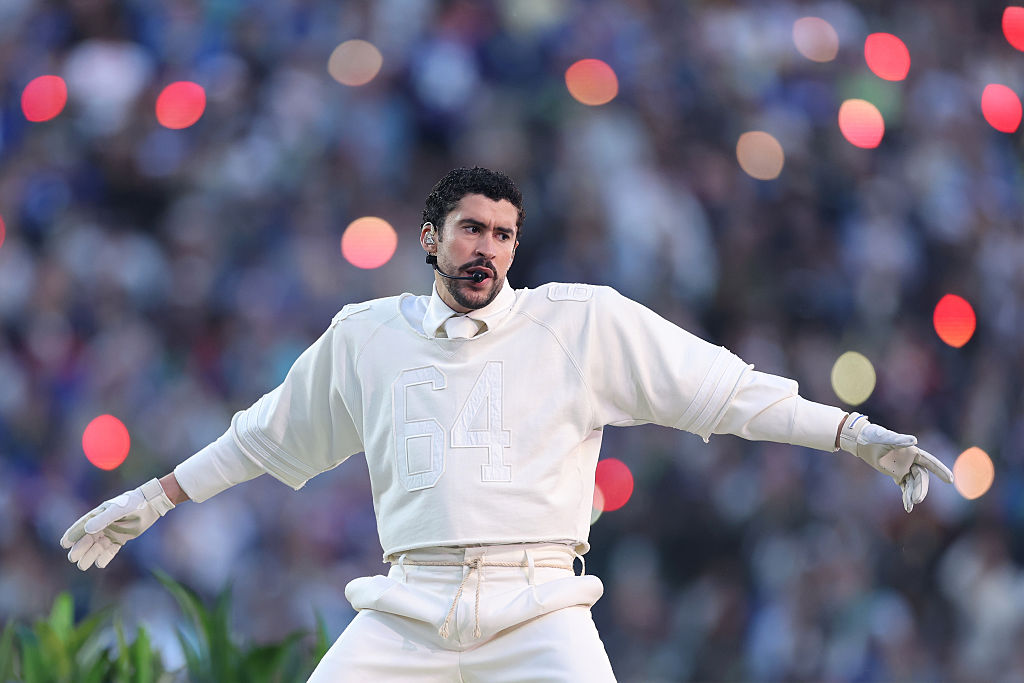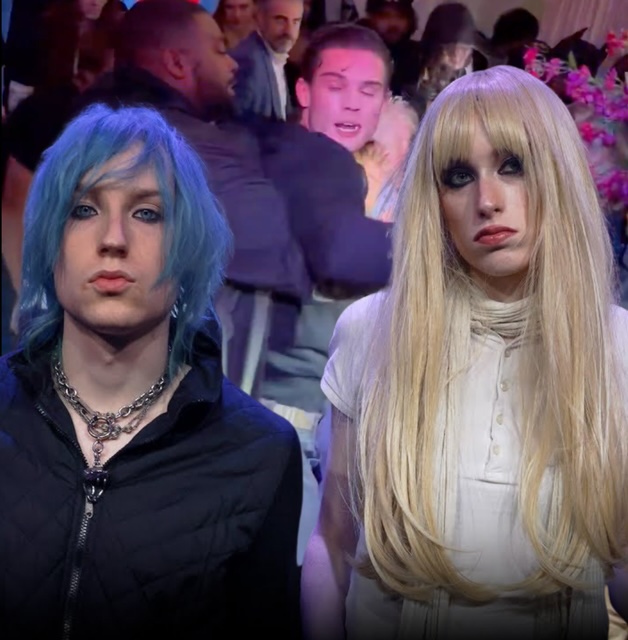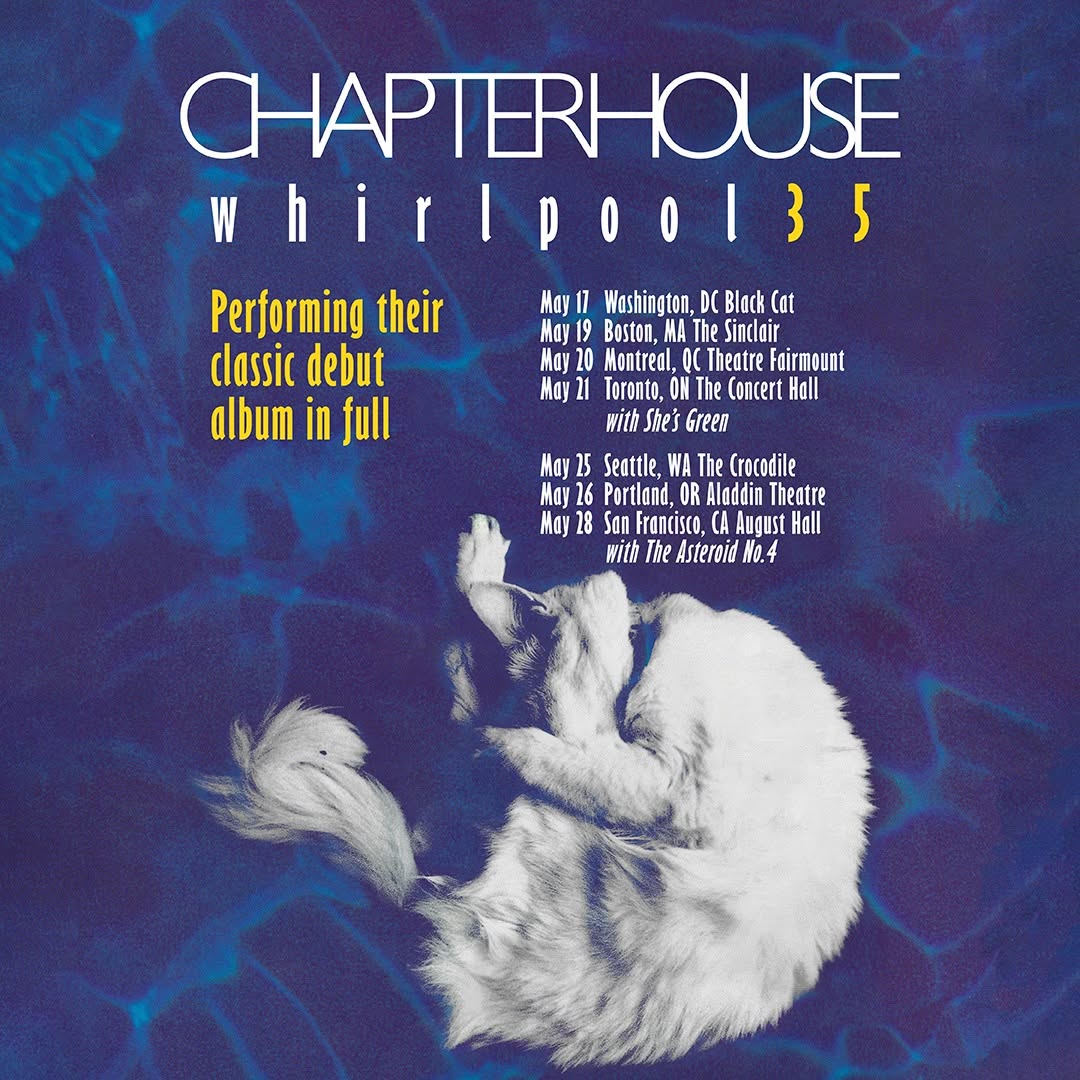Ticketmaster has apologized for this week's incredible difficulty in purchasing tickets to Taylor Swift's 2023 stadium tour. "We want to apologize to Taylor and all of her fans," Ticketmaster wrote in a tweet yesterday, adding, "especially those who had a terrible experience trying to purchase tickets. We feel we owe it to everyone to share some information to help explain what happened."
Upon clicking the link, fans were brought to a lengthy explanation on Ticketmaster's website:
We strive to make ticket buying as easy as possible for fans, but that hasn’t been the case for many people trying to buy tickets for Taylor Swift | The Eras Tour. First, we want to apologize to Taylor and all of her fans – especially those who had a terrible experience trying to purchase tickets. Next, we feel we owe it to everyone to share some information to help explain what happened:
WE KNEW A RECORD NUMBER OF FANS WANTED TICKETS TO TAYLOR’S TOUR
By requiring registrations, Verified Fan is designed to help manage high demand shows – identifying real humans and weeding out bots. Keeping bots out of queues and avoiding overcrowding helps to make wait times shorter and onsales smoother.
Based on fan interest at registration we knew this would be big. Over 3.5 million people pre-registered for TaylorSwiftTix Presale powered by Verified Fan, which is the largest registration in history.Historically, around 40% of invited fans actually show up and buy tickets, and most purchase an average of 3 tickets. Around 1.5 million people were sent codes to join the onsale for all 52 show dates, including the 47 sold by Ticketmaster.
The remaining 2 million Verified Fans were placed on a waiting list on the small chance that tickets might still be available after those who received codes had shopped.THE DEMAND FOR TICKETS TO TAYLOR’S TOUR BROKE RECORDS – AND PARTS OF OUR WEBSITE
Historically, we’ve been able to manage huge volume coming into the site to shop for tickets, so those with Verified Fan codes have a smooth shopping process. However, this time the staggering number of bot attacks as well as fans who didn’t have codes drove unprecedented traffic on our site, resulting in 3.5 billion total system requests – 4x our previous peak.
We handle onsales for countless top tours, some of the biggest sporting events, and more. Never before has a Verified Fan onsale sparked so much attention – or traffic. This disrupted the predictability and reliability that is the hallmark of our Verified Fan platform. Here’s a look at how that traffic compared to every other day on our site this year:
It usually takes us about an hour to sell through a stadium show, but we slowed down some sales and pushed back others to stabilize the systems. The trade off was longer wait times in queue for some fans.
Overall, we estimate about 15% of interactions across the site experienced issues, and that’s 15% too many, including passcode validation errors that caused fans to lose tickets they had carted.
DESPITE THE DISRUPTIONS A NEW SALES RECORD WAS SET
Over 2 million tickets were sold on Ticketmaster for Taylor Swift | The Eras Tour on Nov. 15 – the most tickets ever sold for an artist in a single day.
All 2 million tickets for the Verified Fan onsale were sold to Verified Fans. Only ticket buyers who were verified were permitted to enter a queue. Verification is tied to a user’s account and validated at login, which is why users only had to login to enter the queue. For additional security, ticket buyers also had to enter their unique code to complete their purchase. No one who wasn’t verified was allowed to enter the queue, but the huge traffic hitting the site overall meant we had to slow down queues to keep them stable.
2.4 million tickets have been sold for the tour overall across onsales for Verified Fans and Capital One cardholders, on both Ticketmaster and SeatGeek.
Less than 5% of the tickets for the tour have been sold or posted for resale on the secondary market. Onsales that don’t use Verified Fan typically see 20-30% of inventory end up on secondary markets.
The biggest venues and artists turn to us because we have the leading ticketing technology in the world – that doesn’t mean it’s perfect, and clearly for Taylor Swift | The Eras Tour onsale it wasn’t. But we’re always working to improve the ticket buying experience. Especially for high demand onsales, which continue to test new limits.
We’re working to shore up our tech for the new bar that has been set by demand for the Taylor Swift | The Eras Tour. Once we get through that, if there are any next steps, updates will be shared accordingly.
Even when a high demand onsale goes flawlessly from a tech perspective, many fans are left empty handed. For example: based on the volume of traffic to our site, Taylor would need to perform over 900 stadium shows (almost 20x the number of shows she is doing)…that’s a stadium show every single night for the next 2.5 years. While it’s impossible for everyone to get tickets to these shows, we know we can do more to improve the experience and that’s what we're focused on.
In summary, it sounds like Ticketmaster is blaming 1) bots and 2) fan demand from both "verified" and non-verified users. Meanwhile, Swift said yesterday in her Instagram Story that Ticketmaster assured her multiple times that their servers could handle the extreme demand. And she declared that the poor user experience "really pisses me off."
Sounds like each entity -- Swift and Ticketmaster/Live Nation -- are playing the blame game. Swift is blaming Ticketmaster's tech (or lack thereof) and Ticketmaster(despite on-paper apologies) is blaming demand (see: "based on the volume of traffic to our site, Taylor would need to perform over 900 stadium shows (almost 20x the number of shows she is doing)…that’s a stadium show every single night for the next 2.5 years").
Regardless, the Justice Department has opened an investigation into Ticketmaster, focused on whether Live Nation Entertainment has abused its power over the live music industry. Several anonymous sources told The New York Times that DOJ has been ongoing since before the Taylor Swift debacle and dates back several months.
We want to apologize to Taylor and all of her fans - especially those who had a terrible experience trying to purchase tickets. We feel we owe it to everyone to share some information to help explain what happened: https://t.co/1Gn4kRIvq8
— Ticketmaster (@Ticketmaster) November 19, 2022






